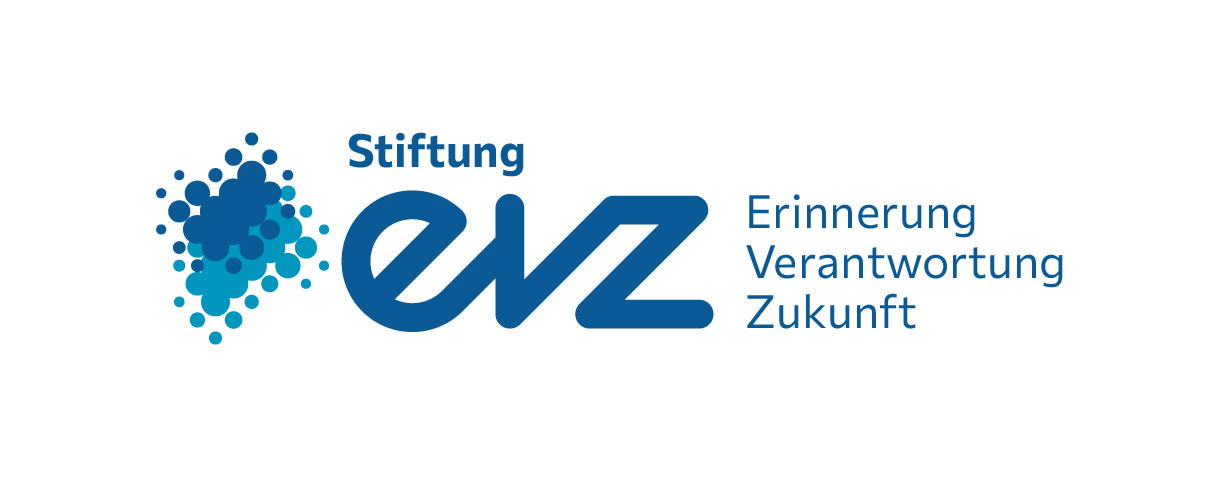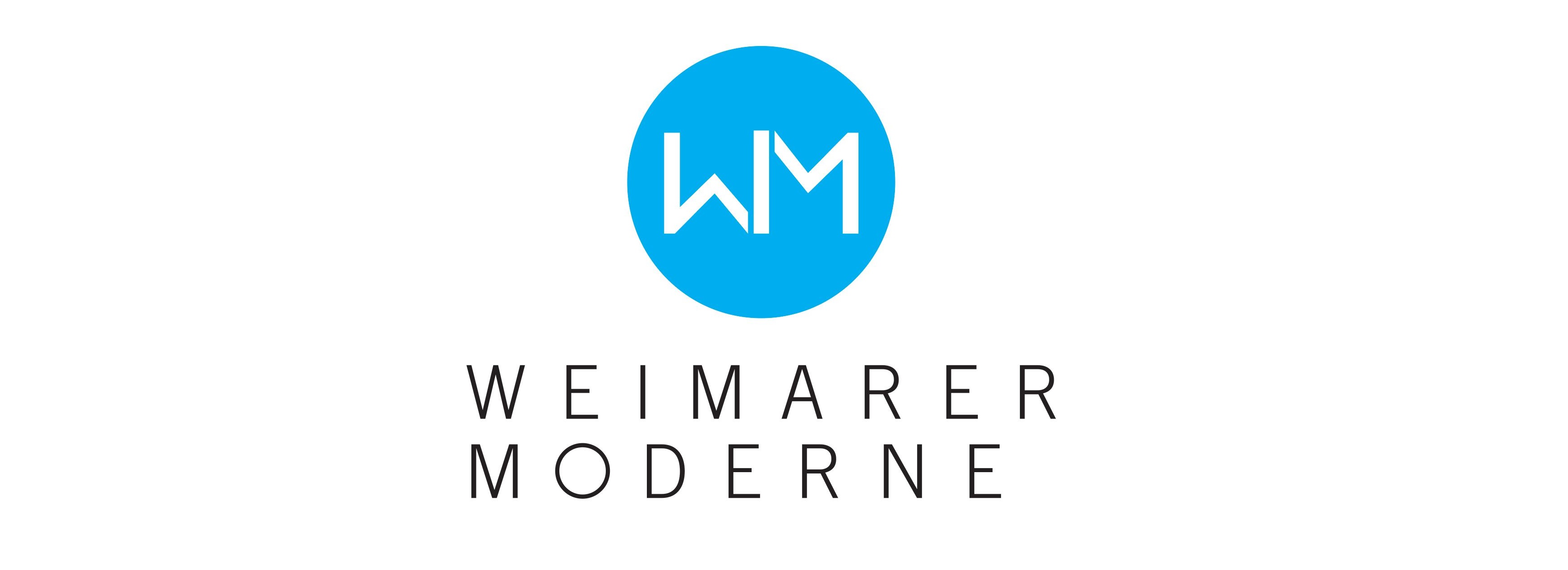On 8 May 2024, exactly 79 years after the end of the Second World War, the Buchenwald and Mittelbau-Dora Memorials Foundation officially opened the Museum of Forced Labor under National Socialism in the former Weimar Gauforum.
In a joint ceremony with the Klassik Stiftung Weimar, which opened the major annual exhibition "Bauhaus and National Socialism" at the same time, both foundations highlighted their stance in the socio-political discourse of the present. The commitment to a critical awareness of history and the message of openness to the world were also reaffirmed in the speeches by, among others, Thuringia's Minister President Bodo Ramelow, the Federal Government Commissioner for Culture and the Media Claudia Roth and Andrea Despot, Chair of the Board of the Foundation Remembrance, Responsibility and Future (EVZ).
The official inauguration of the museum premises was reserved for four former forced laborers who had been able to travel to the event. It was the emotional highlight of the opening day and a long-awaited moment when the guests of honor Ivan Ivanji from Belgrade, Andrej Iwanowitsch Moiseenko from Minsk, Jerzy Tarasiewicz from Gdańsk and Leokadia Wieczorek from Wrocław cut the red ribbon together. On behalf of the entire Thuringian State Office for Construction and Transport (TLBV), which had spent several years upgrading the building and creating the museum rooms, Susanna Karawanskij, Thuringian Minister for Infrastructure and Agriculture, aptly characterized this as the beginning of a new chapter in the culture of remembrance in Thuringia of international importance.
Since then, almost 6,000 visitors have found their way to the Museum of Forced Labor under National Socialism. Be it on the opening evening itself, during the subsequent Long Night of Museums, as individual visitors or as part of group bookings. Be it as guests at events such as the museum's discussion forum
The museum has already become a central point of contact for former forced laborers and, above all, their children and grandchildren. The fact that the museum has come "late, but not too late", as
The fact that history is always an opportunity to address contemporary issues is the basic premise of the educational work at the Museum of Forced Labor. By the end of July, over 400 pupils and students had already taken part in our participatory programs, which are always adapted to specific groups. Our aim is to reduce barriers to historical and political education and, by discussing the scope for action and social dynamics in the past, to open up the space for personal positions on today's social and political developments. And yet the group program season, whether for school classes, students or adults, is only just beginning with the end of the summer holidays. Bookings are coming in from all over Germany and other European countries. We will further strengthen our profile of profession-related offers for managers and company employees. The first pilot project will start in November with one of Germany's largest pharmaceutical companies.
How German companies deal with their Nazi past is also the subject of the next edition of the open forum "In Gesellschaft.". But the outlook for the coming weeks is even more varied. There are cultural collaborations on the agenda, such as with the Kunstfest Weimar, the Who's Who of the German remembrance landscape will meet in September for the Federal Memorials Conference at the Museum of Forced Labor, and in November the nationwide network on the topic of Nazi forced labor. The plans for special exhibitions and installations already extend to 2027.
Not only in our event program, we stand for diversity and fundamental democratic rights. Together with our network, not least with our now very close cooperation projects such as "Barrier-free remembrance", we actively contribute to an open society and respectful living together. We consider it our mission that the Museum of Forced Labor in the former Gauforum also understands itself as a historical-political intervention and turns the former site of the perpetrators into a place of education relevant to the present day.



